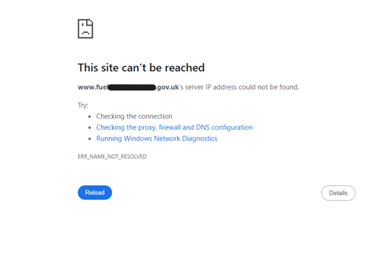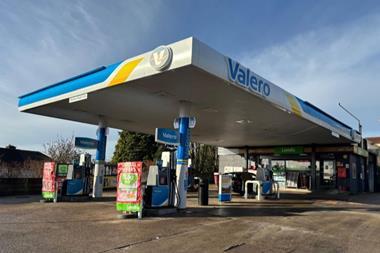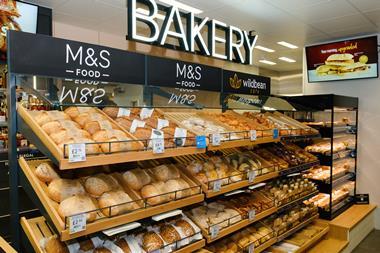GNE Group has seen full-year profits jump by 93% to just over £1 million after margins in both shops and fuel improved. The company, which owns Top Indies retailer Petrol Express, said margins had also increased due to improvements in quality at its sites. GNE bought 10 new petrol stations in 2007, giving it 63 sites currently trading.
David Port, GNE Group chairman, said: “It is pleasing to be able to report a 93% improvement in profit before tax. Considerable effort has gone into improving the quality of our sites and this is now showing through increased margins in both the selling of petrol and the shops. The impact of the recent acquisitions will further assist growth in 2008.”
According to the company’s preliminary results for the year ended December 31st 2007, pre-tax profits were £1.028 million. Meanwhile, sales dropped to £166m, compared to £168m in 2006, reflecting the fact that some of the group’s smaller, less profitable sites were closed down, ready for re-development, or sold to reduce debt.
GNE added that the results were the first since the group was restructured in December 2006. They only include the trading of Petrol Express, the group’s wholly owned subsidiary, without distortions of some of the previously owned minority interests in steel and gas distribution, which have been disposed of.
Petrol Express chief executive Dennis Woods, pictured, recently announced the company wanted a bigger presence in petrol retailing and on-site convenience stores – which is at the heart of its continuing strategy of growth and consolidation.
Port added: “2008 is expected to see further growth as the full year effect of the new sites impacts on the results. New retail initiatives such as the redevelopment of Mabon and the opening of a number of new off-licences will also help to improve the group’s performance.
“The number of petrol stations in the United Kingdom continues to decline therefore those that remain will benefit from increased sales. It is interesting to note that with petrol and diesel prices at an all time high, there has been no perceivable impact on volumes.
“The future for this sector is encouraging, freehold values on sites are still increasing in spite of an otherwise difficult property market and overall performance of the group is improving. The Board therefore looks forward to 2008 with some confidence.”
Applegreen petrol station firm plans major British expansion
04 May 2008 By Ian Kehoe
Petrogas, the Irish firm behind the Applegreen chain of petrol stations, is planning a major expansion into Britain.
The company has assembled a chain of seven petrol stations in the Greater London area in the past few months, and Britain is expected to play a major part in the company’s future growth, according to sources close to the company.
The group has expanded significantly in recent years, and now has a network of about 50 filling stations in Ireland. The majority of those trade under the Applegreen brand. According to accounts to be lodged in the coming days, Petrogas made a operating profit of €6.1 million for the year to the end of June last year, up from €1.7 million for the previous year.
The group had turnover of €157 million for the year, up 70 per cent on the previous year. The majority of the rise in turnover came from organic growth at existing petrol stations and the increased revenue gained from newly-acquired sites.
The rise in oil prices also had a positive impact on the company’s revenues, according to sources.
The company has fixed assets of €57 million and net assets of €38.7 million, while cash in the bank stood at €7 million at the end of the financial year.
According to a note in the accounts, the company issued €3.5 million share options to senior management, which can be exercised over the next ten years.
Petrogas is owned and managed by Bob Etchingham and Joe Barrett. They established the company in 1992, and it launched the first Applegreen branded petrol stations two years ago.
The firm has also developed its own warehouse and distribution operation to deliver fresh and frozen foods, boosting its profit margins.
The firm was the unsuccessful under-bidder for Statoil’s Irish operations in 2002. Statoil was subsequently bought by Dublin private equity firm Ion Equity, in a deal reported to be worth about €285 million.

































No comments yet